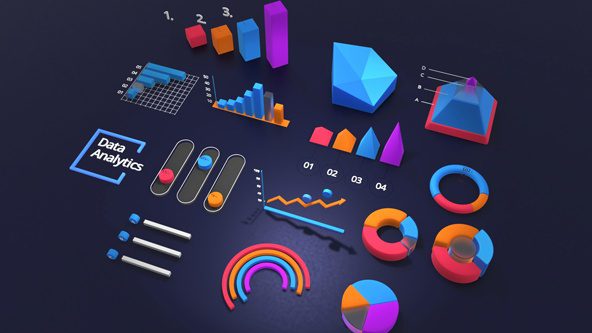Analytics and EBHR
Blog: Why is HR Still Struggling to be Confident with Data and Analytics?
By Dave Millner, Course Director of ‘Impact Through People Analytics’
I’ve been involved in the world of people analytics for some 15 years now. Whilst progress has undoubtedly been made in the mainstream use of data, there remains a lot of work to do especially as technology platforms, however sophisticated they are, can’t do everything you might want.
So, what is stopping every HR function from embracing the use of data and analytics to take their function to another level?
My view is that there are four key challenges that need to be addressed:
- Skills Gaps: The problem is that many HR practitioners come from a non-quantitative or data-based background and when you consider that analytics wasn’t traditionally part of HR’s education that creates a gap that needs to be addressed. If practitioners continue to stick to their ‘comfort zone’ the realisation of change remains a core issue. Remember this is not about turning HR practitioners into data statisticians but is about making them able to translate and make sense of what data is saying.
- Data Quality Issues: The challenges here revolve around the fact that HR data often exists in multiple systems, or spreadsheets, which makes accessibility and the ability to analyse it difficult. Allied to that historical data may be incomplete or inconsistent as the data collection processes of the past weren’t designed with analytics in mind.
- Cultural Resistance: The shift from a traditional intuitive focus to management to making decisions that are primarily based on data can be challenging for both HR, leaders and managers alike. A common soundbite is that reducing people to numbers is seen as inhuman and disrespectful – far be it from that, data and analytics can help justify the intuitive approach with data, as well as highlight those ‘non-obvious’ trends, patterns and insights that enable better quality decisions to be made.
- Technology Limitations: Many organisations still use legacy HR systems, which mean that integrating different HR tools, and therefore data, is often poor or incomplete. Technology systems are developing and evolving; just remember that just because the vendors are labelling everything with ‘AI’ doesn’t mean that the risks have been negated and that the solutions reflect your complete needs.
If these challenges resonate with your own development needs, then consider attending CRF’s ‘Impact Through People Analytics’ programme from 9th to 10th December where these challenges and many more will be facilitated through a wide range of case studies, examples, and tips for improvement.
Look out for the next blog that focuses on some of the solutions to these challenges.
UPCOMING CRF LEARNING PROGRAMME :
Impact Through People Analytics
9 – 10 December 2024: 09.00 – 17.00 (Online)
20 January 2025 (Online follow-on session)




